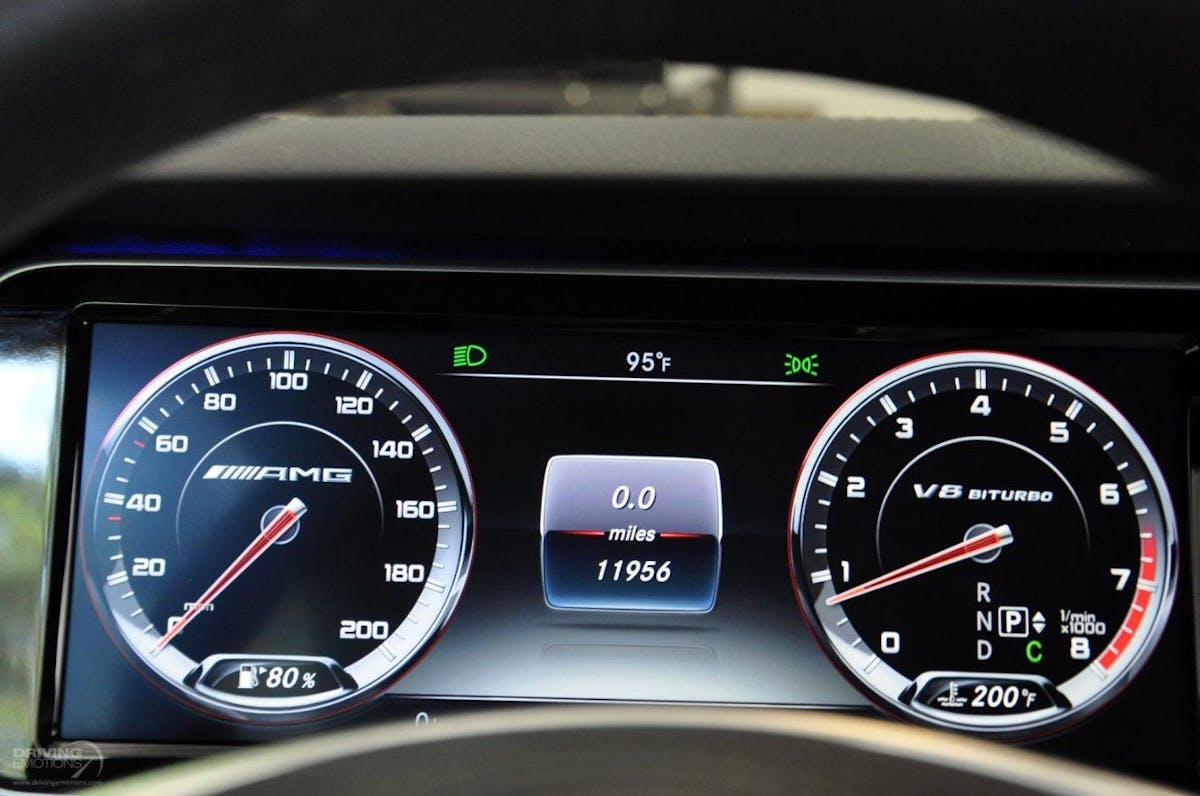Ethereum is an open software platform based on blockchain technology that allows people to create and expand decentralized applications. The Ethereum network, unlike the Bitcoin network, comprises not only a cryptocurrency, but also has Gas and Gas Limit. It enables users not only to return for transactions but also begin smart contracts and DApps.
However, gas is what maintains Ethereum going and it is essential to have a precise knowledge of this idea.
What is Ethereum Gas?
Knowing the techniques of gas and the linked phrases “gas limit” and “gas price” is a critical component to completing the ETH transactions. To execute anything on the Ethereum platform, people require to compensate for it, and the amount (or price) is determined in Ether (ETH) via a mediator standard described as gas limit and gas price.
Ethereum Gas is a factor of estimating the computational performance of running transactions or smart contracts in the Ethereum network. This method is related to the application of kilowatts (kW) for estimating electricity of the house; the electricity utilized by people isn’t estimated in dollars and cents but preferably over kWH or Kilowatts per hour. The price is not demanded by wallets or other assistance providers; rather, it is given to miners for mining blocks of activities and for defending the Ethereum blockchain. This price is given by users to miners and is subtracted from their total transaction value.
It is essential to know that various types of transactions need a diverse volume of gas to achieve. On the Ethereum network, the decisive transaction price is estimated in Ether. It is determined by the product of the gas limit and the gas price. This following equation is applied for measuring ETH (or Transaction fees):
Ether = Tx Fees = Gas Limit * Gas Price
For Example:
Let’s think the driver has a car which utilizes 1-gallon of gas worth $20 per mile. Now, if the motorist drives the car for 10 miles, it will cost $200. This suggests that if the driver needs to make his car drive for 10 miles, he/she will require to pay $200 by inserting 10-gallons of gas into it.
Likewise, to work a block of code or perform an action on Ethereum, users require to consume the proper gas limit (like in a car), where every “gas limit” (like the car’s gas) will have a per unit cost termed as “gas price”.
Gas Limit
Gas limit describes the highest gas the user is ready to consume on a transaction. If the user has sufficient Ether in their account to meet this highest, the user is reimbursed for any remaining gas at the end of the transaction, transferred at the primary rate.
In the event that the user does not give the required gas to complete the transaction, the transaction “runs out of gas” and is held void. Also, a report of the transaction abandoning gets listed, determining what transaction was tried and where it abandoned. Since the machine previously disbursed attempt to operate the calculations, none of the gas is returned to the user.
Gas Price
In the gas limit, users need to define a gas limit for their transactions before action can occur. In other words, Gas price points to the volume of Ether users are ready to pay for each unit of gas, and is normally estimated in “Gwei”. The resemblance for the gas price – compared to the earlier resemblance for gas limits – is that it is comparable with the cost of each liter of fuel that users are spending for loading the car.
Wei is the least unit of Ether, and a Gwei comprises of a billion wei. There are 3 kinds of gas prices which are recommended during normal times for P2P transactions on ethgasstation :
If you need your transaction to be completed at a quicker speed, then you have to be prepared to pay a bigger gas price. You’re actually “topping the line”, bashing everybody that spent a cheaper gas price.
Disclaimer: This information should not be interpreted as an endorsement of any cryptocurrency. It is not a recommendation to trade. The crypto market is full of surprises and overhyped assets. Do your research before buying anything. Do not invest more than you can afford to lose.
Follow us on Twitter, Facebook, Steemit, and join our Telegram channel for the latest blockchain and cryptocurrency news.

